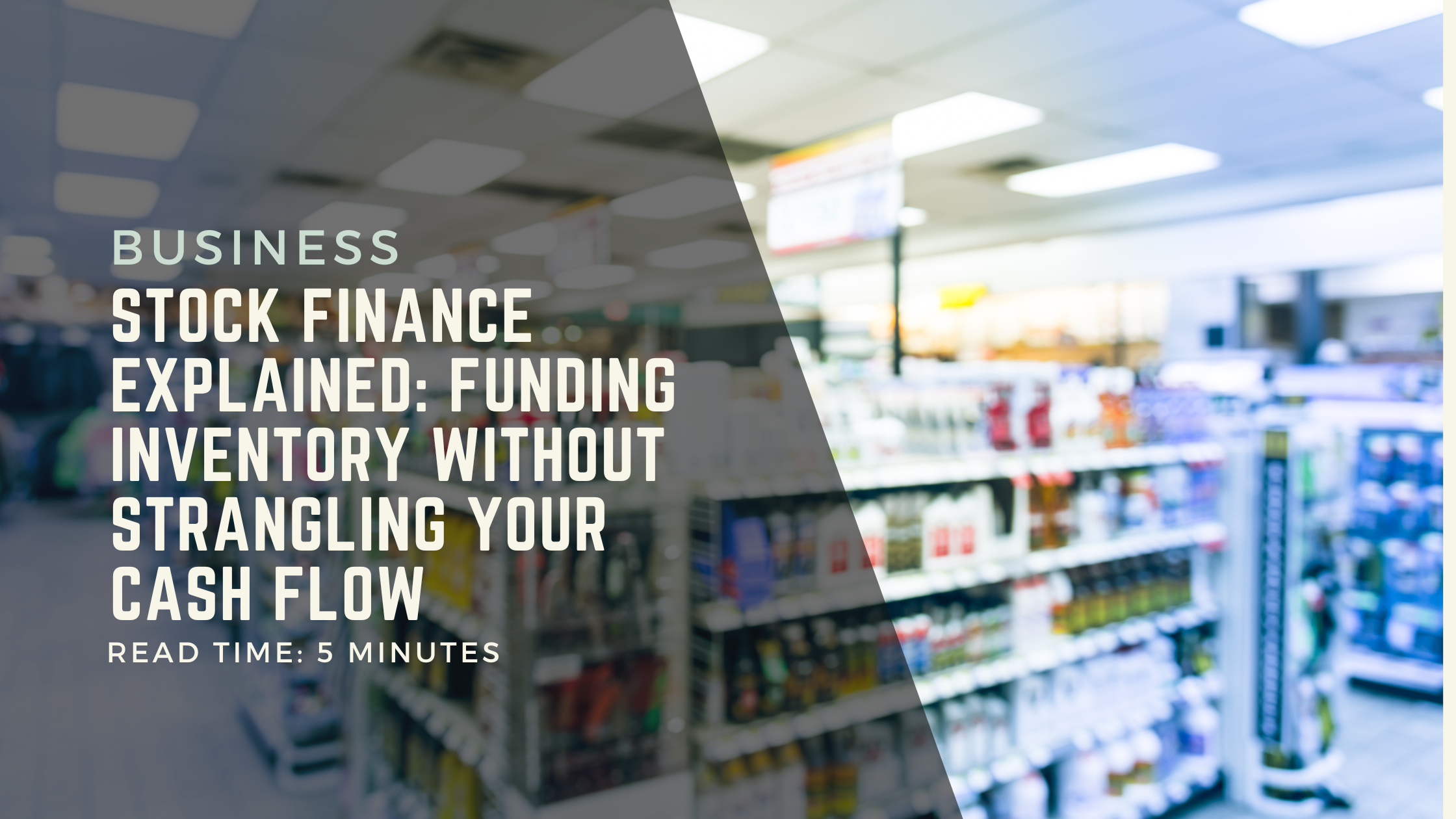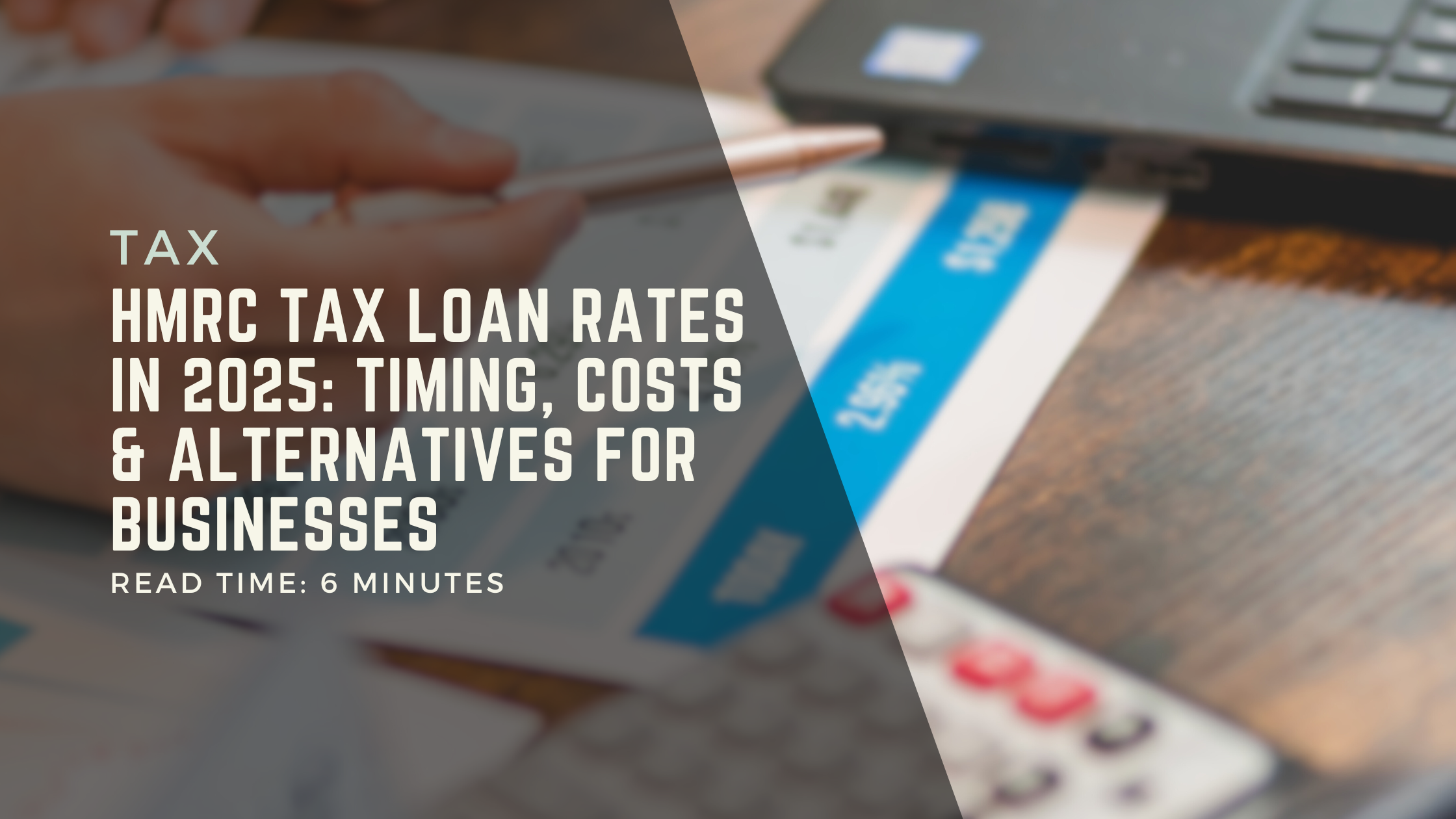Running an ecommerce or online-first business is fast-moving and cash-hungry. Whether you’re an Amazon seller, a Shopify store owner, or a DTC brand, growth often means:
Buying stock in bulk to meet seasonal demand.
Spending heavily on digital ads before sales come in.
Managing supplier payments while waiting for customer funds to clear.
Expanding into new markets or sales channels.
That’s where online business loans come in. They provide flexible funding to bridge the cash flow gap and fuel growth.
What Is a Loan for Online Business?
An online business loan is designed for ecommerce and digital-first businesses. Unlike traditional bank loans, these facilities often:
Integrate with online sales platforms (Amazon, Shopify, eBay).
Base affordability checks on sales performance, not just assets.
Provide quick approval, sometimes within 24–48 hours.
Offer short-to-medium terms that align with sales cycles.
Best Online Business Loan Options in the UK (2025)
Different businesses need different funding models. Here are the most common options:
1. High Street Bank Loans
Lower APR if you qualify.
Longer-term repayment (3–5 years).
Harder eligibility criteria and slower approval (3-12 weeks).
2. Alternative SME Lenders
Flexible underwriting based on online sales.
Fast approvals (sometimes same day).
Suited to ecommerce, subscription, and DTC models.
- Particularly amazing at funding SaaS companies.
3. Platform Loans
Amazon Lending, Shopify Capital, PayPal credit.
Approval based on platform utilisation and personal credit score.
Easy access but limited in size and scope, often with covenants that are restrictive for cashflow and personal preference.
4. Revolving Credit Facilities
Like an overdraft for businesses.
Borrow, repay, redraw as needed. (dip-in / dip-out)
Good for smoothing unpredictable cash flow.
5. Merchant Cash Advances
Repayments linked to daily card sales.
Very flexible, very fast funding.
Works best for businesses with consistent turnover.
How to Apply for an Online Business Loan in the UK
The process is straightforward if you prepare in advance:
Check your eligibility
Minimum trading period (usually 6–12 months).
Minimum monthly revenue (often £5k+).
Get your financials in order
Bank statements (last 3–6 months).
Management accounts.
Evidence of online sales performance (Amazon/Shopify dashboards).
Decide what you need funding for
Inventory, ads, hiring, expansion?
Match loan type to funding purpose.
Apply Through Finspire Finance
Instead of juggling multiple lenders, you can centralise your application through Finspire Finance.
Fast & simple, we handle the entire process for you.
Best-fit lenders, we match your business with the right facility from our panel.
Loan summaries & application plans, we prepare everything so lenders see your strengths clearly.
Cashflow support, if cashflow forecasts are required, we work with you to build them out.
Expert guidance, you can lean on our financial expertise to navigate applications with ease.
With Finspire, you save time, avoid dead ends, and access funding that fits your online business.
Advantages of Online Business Loans
Fast access to working capital.
Repayments structured around sales cycles.
No need for bricks-and-mortar collateral.
Specialist products designed for ecommerce growth.
Practical Steps to Take Today
Review your online sales data and financials.
Decide on the exact purpose and repayment horizon for funding.
Speak to a finance partner like Finspire Finance for a free consultation.
Explore whether a short-term loan, revolving credit, or ecommerce platform facility is the best fit.
In 2025, UK online business loans are more accessible than ever. Whether you’re scaling an Amazon FBA store, running a Shopify brand, or managing multiple online channels, the right funding can unlock growth without crippling cash flow.
The key is to apply strategically: prepare your numbers, understand your options, and match the right loan type to your business model.
Why Work With Finspire Finance
At Finspire Finance, our founders each bring nearly a decade of experience working with businesses of all shapes and sizes. Over those years we’ve built a deep understanding of ecommerce models, Amazon FBA sellers, and online-first businesses, not just the funding options available, but the operational pressures that make timing and structure so critical.
We know that every business is unique, which is why we provide free phone consultations. These are an opportunity to talk through your current position, run a quick health check of your company, and help you understand what you may be eligible for before you even start an application.
Explore the full range of options in our 2025 Guide to Ecommerce Funding Solutions or get in touch to schedule a consultation.
Yes, while high street banks will almost always decline applications with poor credit, many alternative lenders look at your online sales performance instead. A strong sales track record can offset weaker credit history for many lenders.
With the right documents, and the expertise of knowing which lender is most suitable for your business, approval and payout can be same day. Using us speeds up the process, since we package your application correctly the first time.
No. Online-only businesses are eligible for UK business loans. Lenders will assess your sales channels, trading history, and financials rather than physical premises.
It varies by lender, but many require at least £5,000 per month in consistent revenue. Some specialist lenders are more flexible if you can show strong growth potential.
Applying through Finspire Finance means everything is centralised into one simple application. We match your online business with the right lenders, prepare professional loan summaries, and even build out cashflow forecasts with you if required. Our team does the legwork, presenting your application in the strongest possible way so you can lean on our financial expertise rather than navigate the process alone. Best of all, our support is completely free at the application stage, you only pay on success once your funding is secured.
Typical uses include buying stock, funding digital advertising, hiring staff, expanding into new markets, or smoothing cash flow during seasonal peaks.









